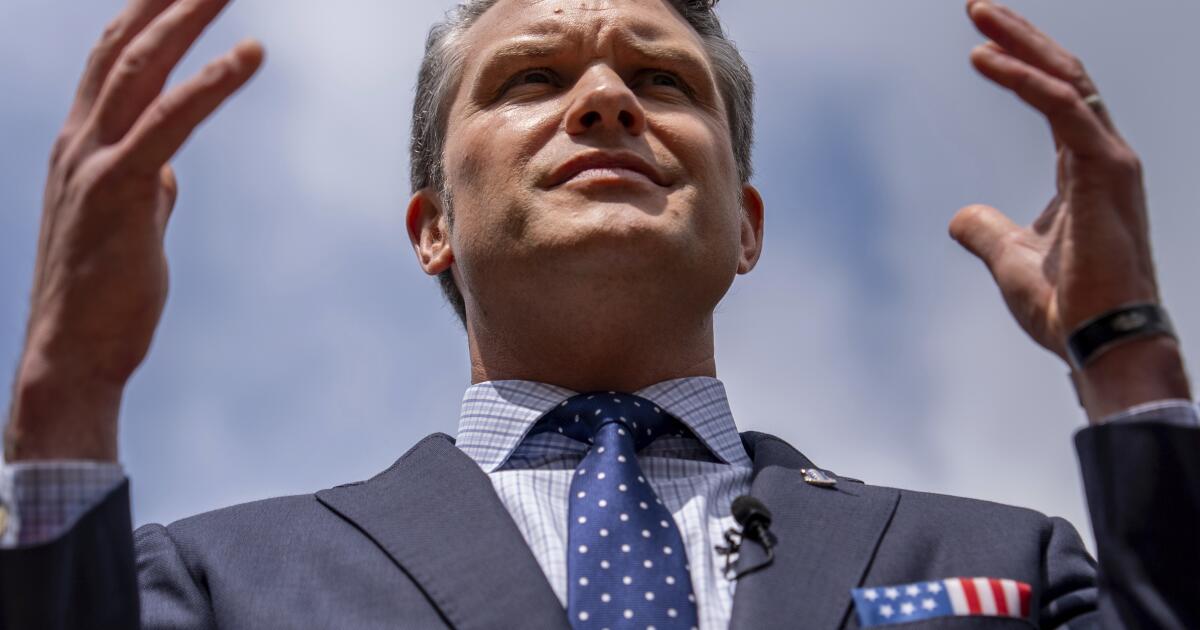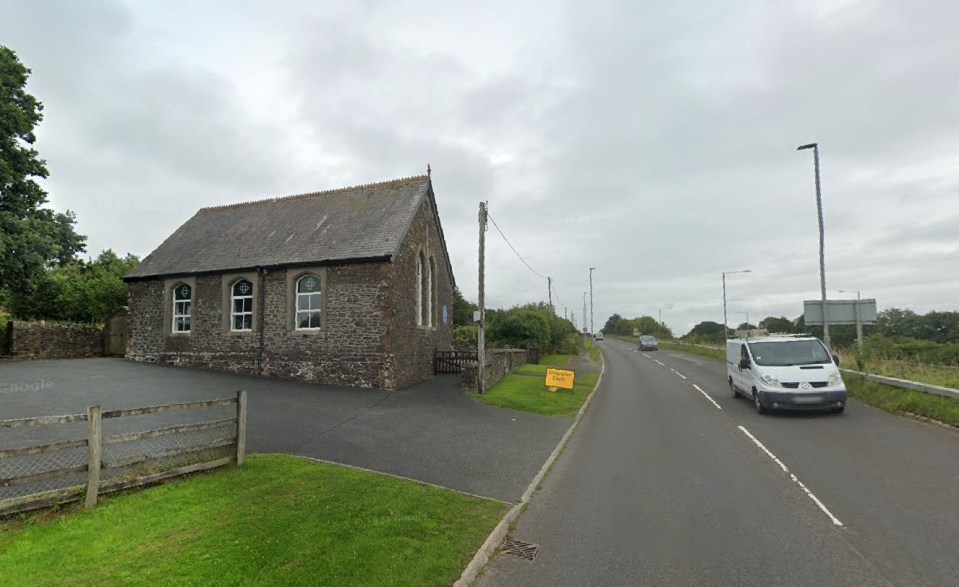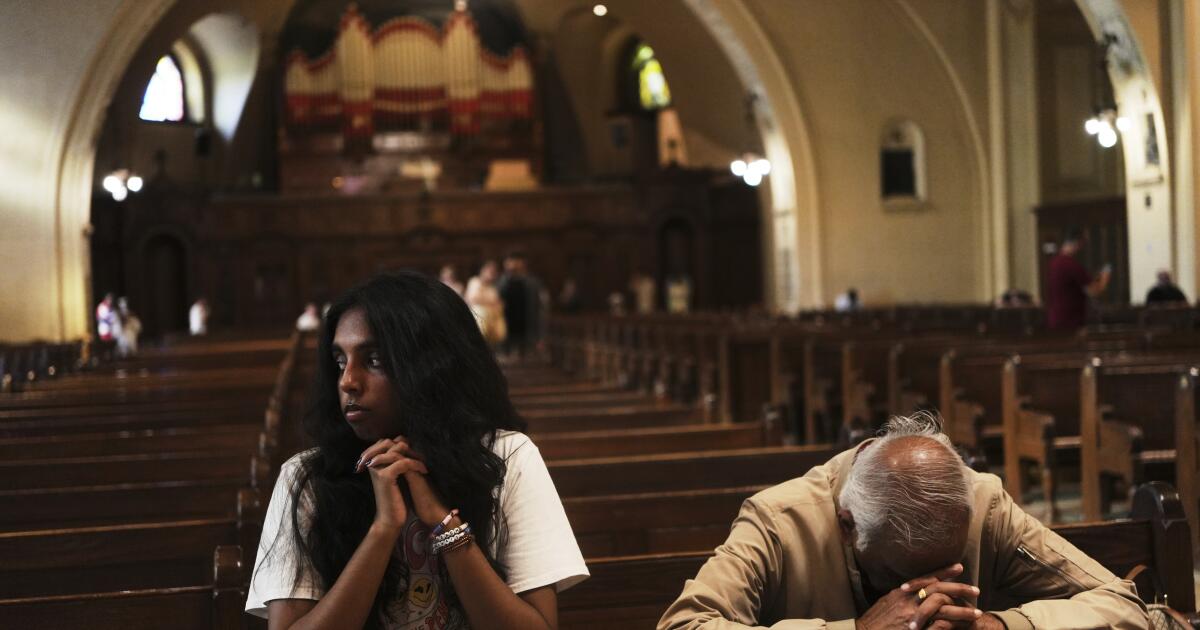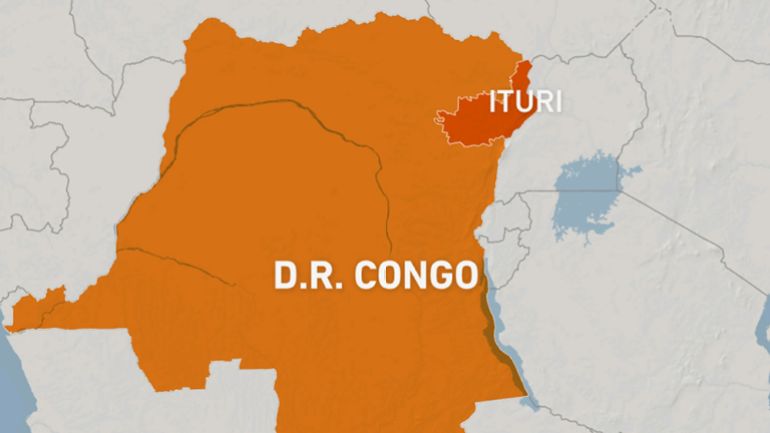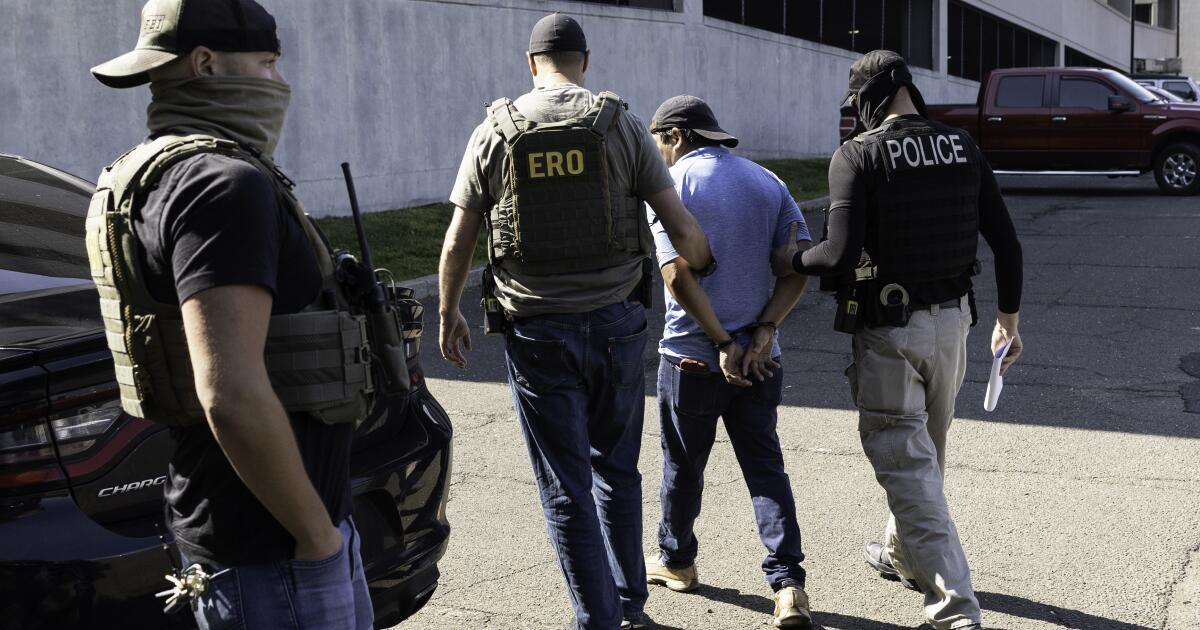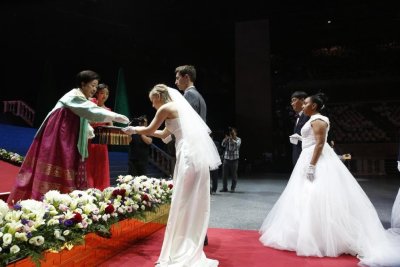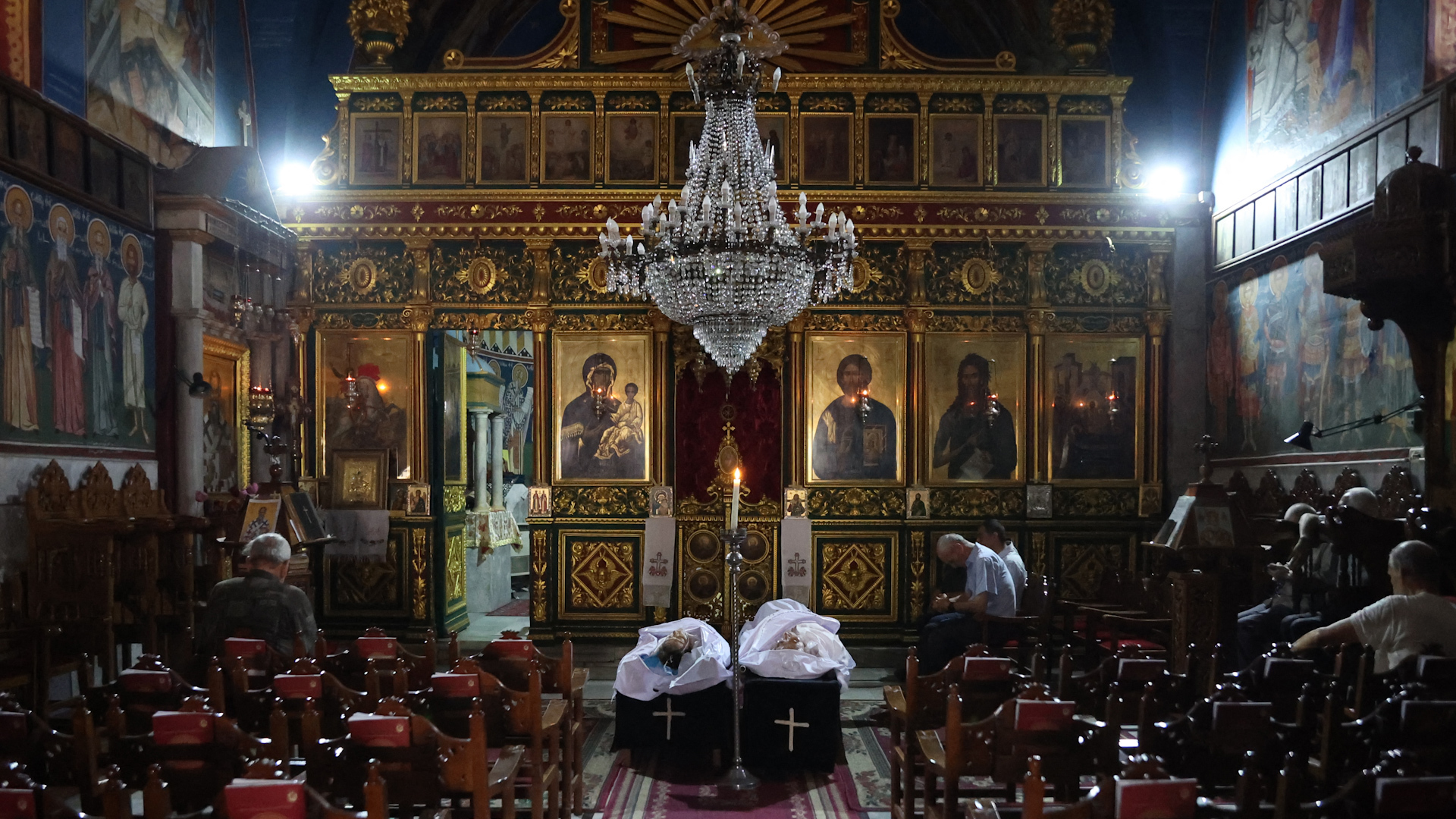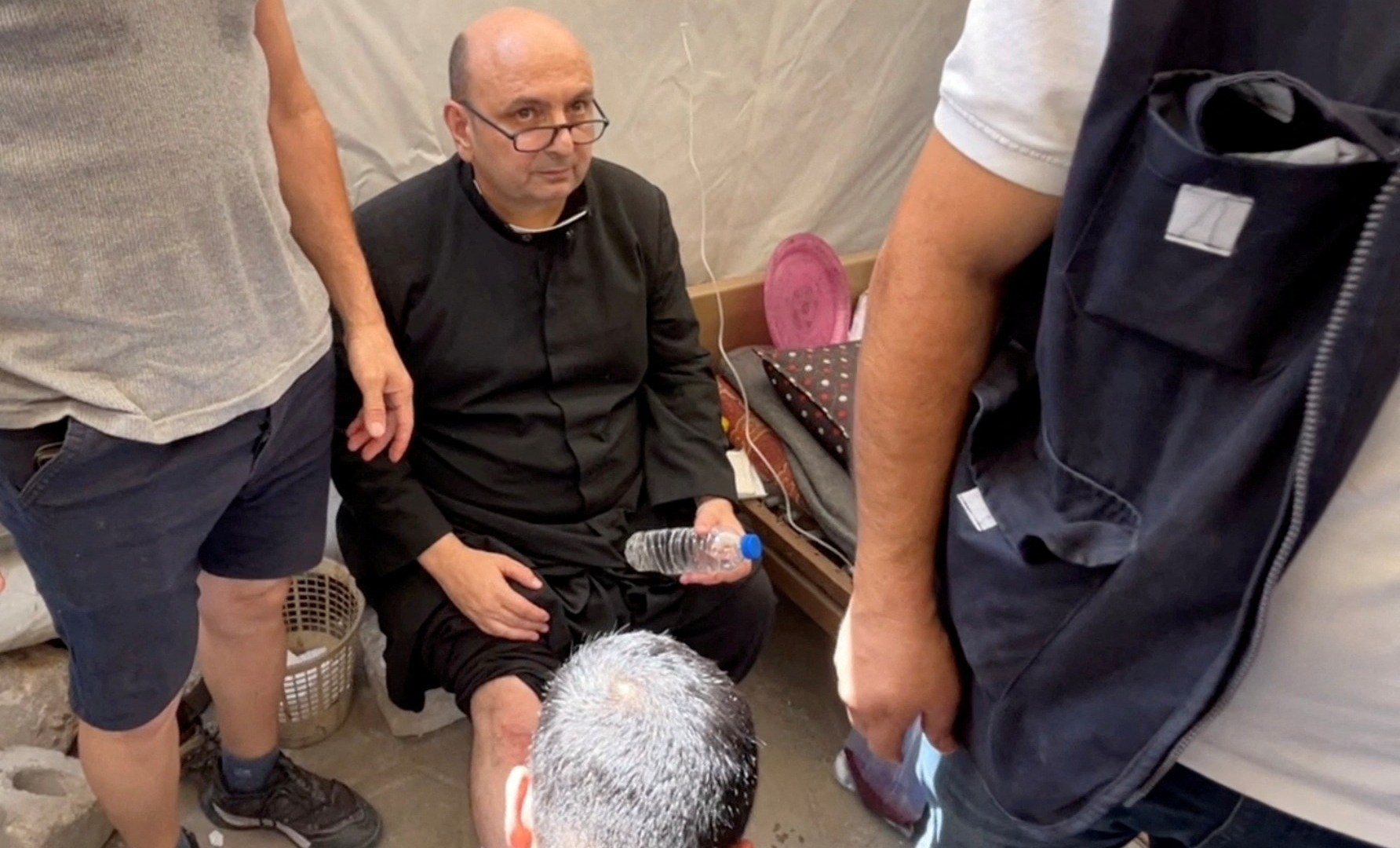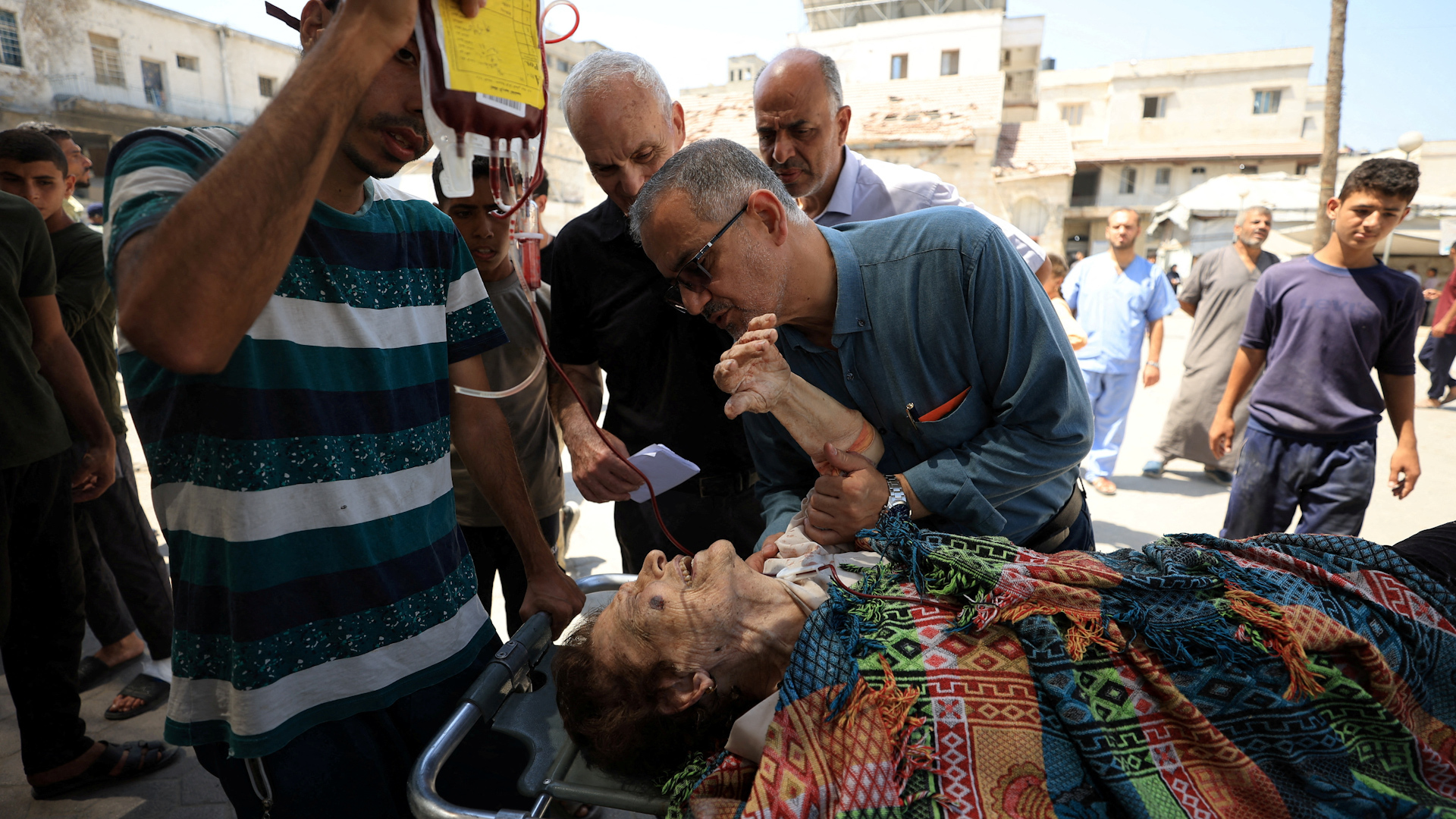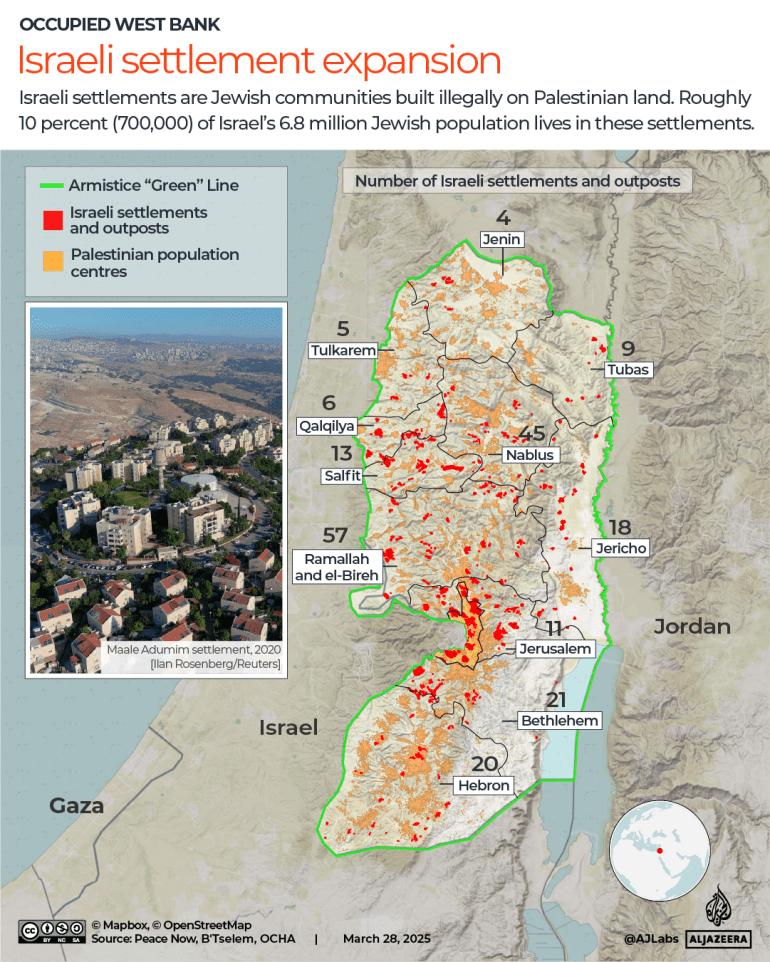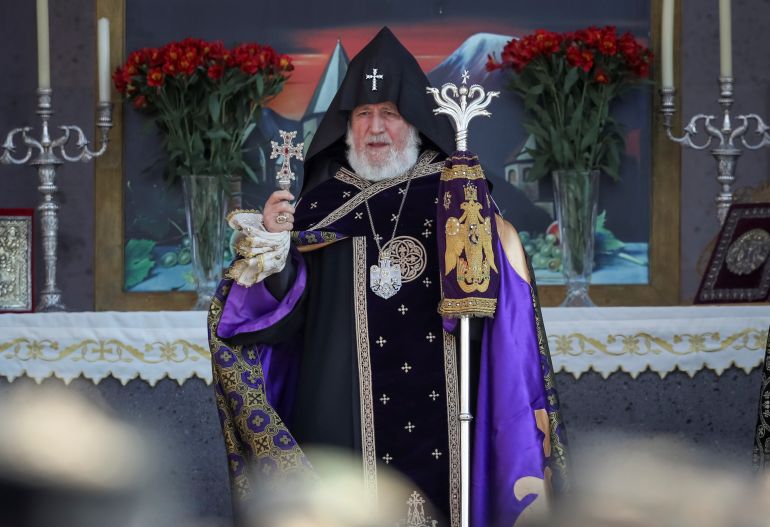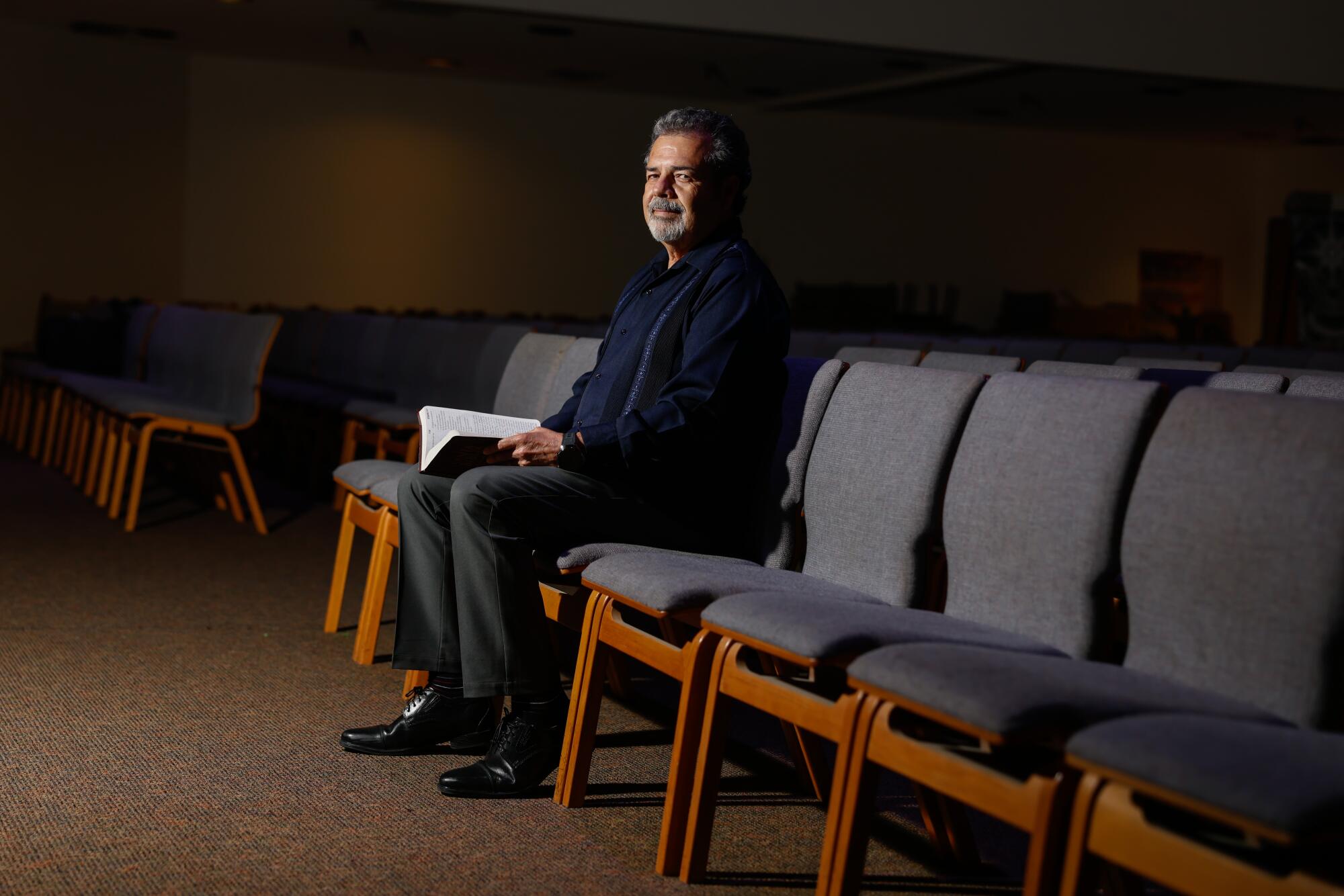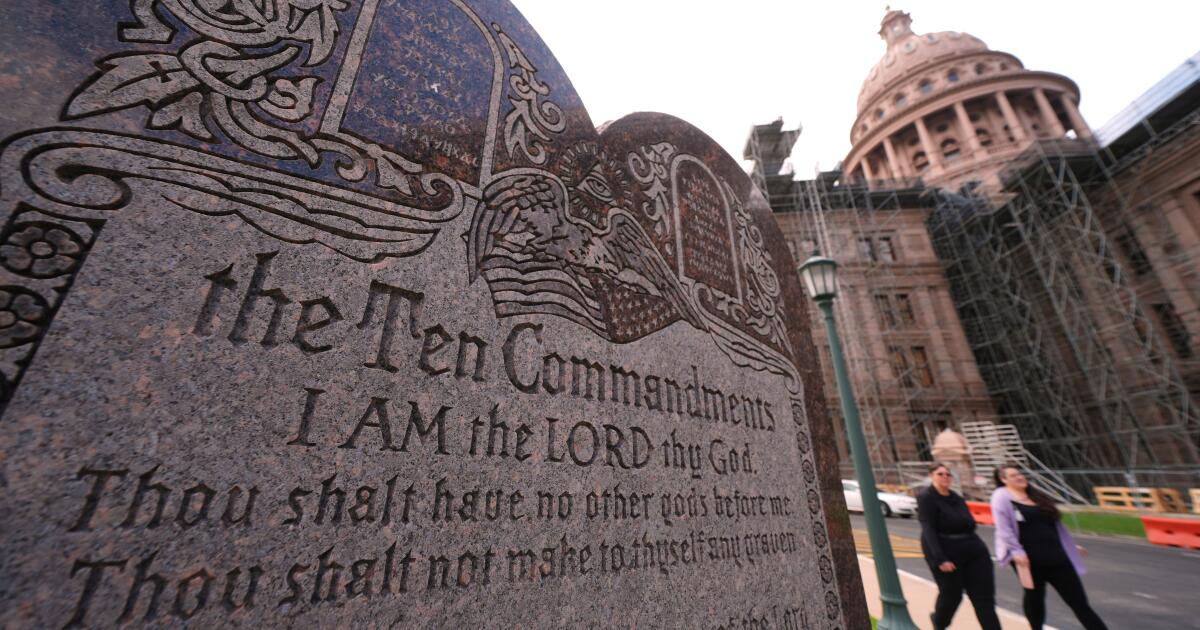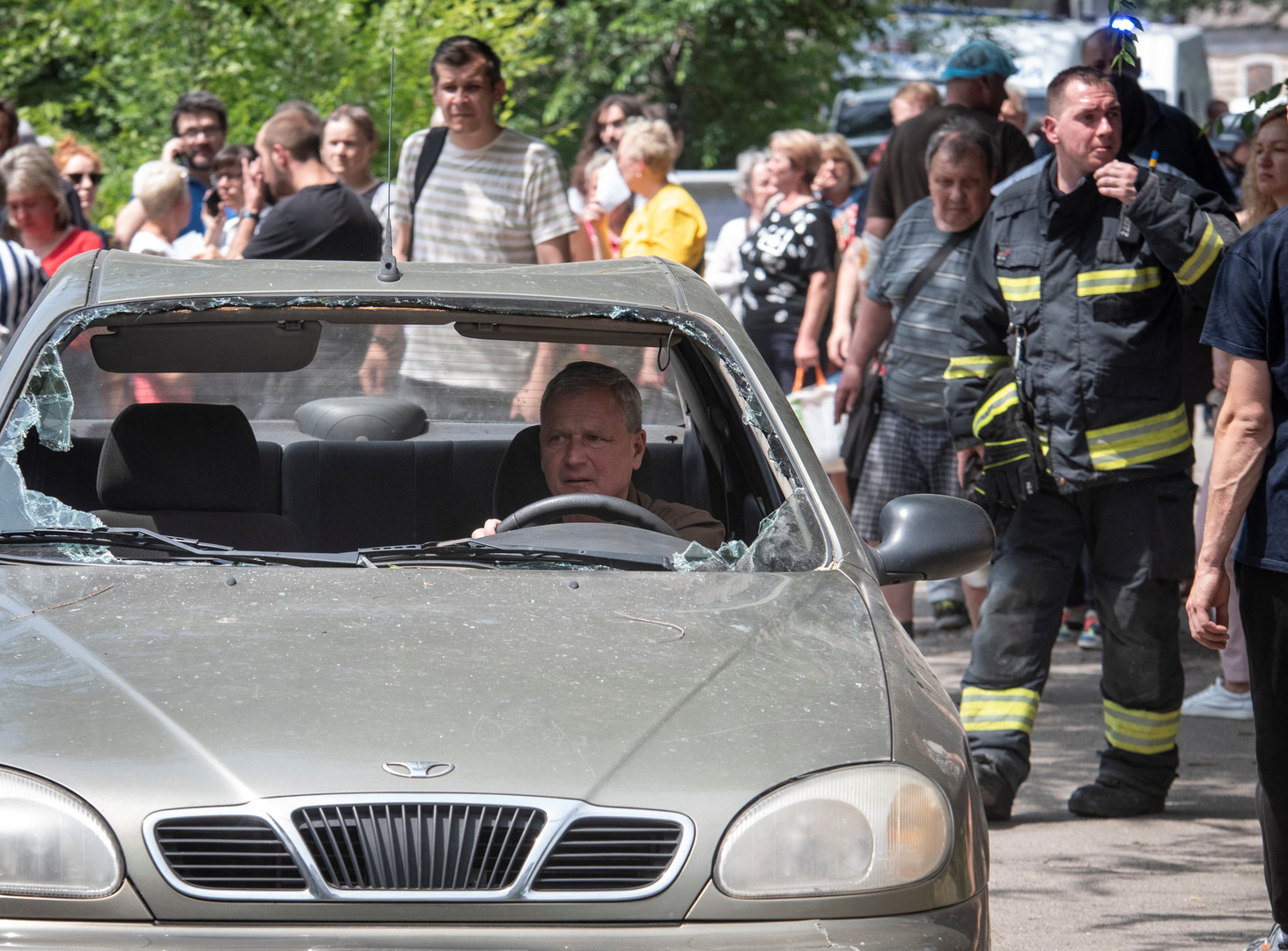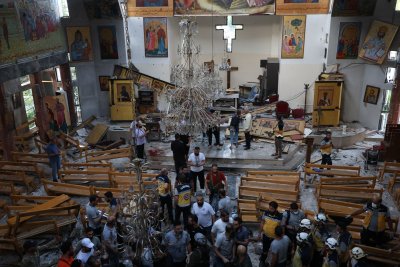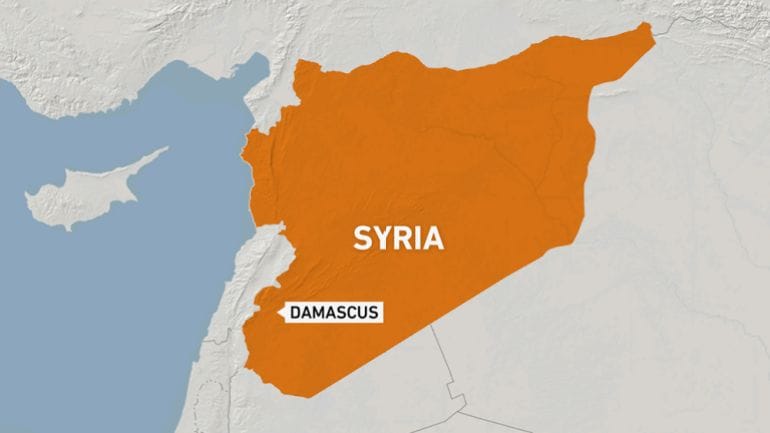How to have the best Sunday in L.A., according to Chris Paul
Before Chris Paul was traded to the Los Angeles Clippers in 2011, he had a stereotypical view of the city.
“When I came as a visitor, we always stayed at the Ritz-Carlton in the Marina, and every player, all [we] did was go to Rodeo Drive the day before the game or whatnot,” says Paul, who began his NBA career playing with the New Orleans Hornets in 2005. “That was all I thought L.A. was. I thought it was all very Hollywood, glitz and glamour, so I never wanted to come out here to live.”
But once the veteran point guard and his family found a home with a pool — a nonnegotiable for the North Carolina native — and got settled into their new environment, they grew to love the city. So much so that his wife, Jada Crawley, and his now-teenage children continued living in L.A. when he left to play for the Houston Rockets in 2017.
When the news hit last month that he would be returning to the L.A. Clippers — a dream that he says he “manifested” — Paul was buzzing with excitement.
“Over the years, L.A. became home,” says Paul, whose fans lovingly call him “CP3.” He was sitting in a conference room at the Intuit Dome, the Clippers’ arena, during our Zoom call. “My family being here is all good and well, but also my community. If you live somewhere and call it home for a while, you make friends that are like family, so being away for a long time, I just missed those relationships.”
Below is a game plan for Paul’s perfect Sunday in L.A. It involves going to a soul food brunch spot after church with his family, practicing his swing at a driving range and hosting a game night. Here’s the play by play.
This interview has been lightly edited for length and clarity.
6 a.m.: Hit the gym
I’m an early riser. I’m up at like 6 a.m. in the gym on the daily. I’d do a home gym workout. That’s a nonnegotiable. Then I’d have a small breakfast afterward. I’d probably have some french toast. That’s my favorite. I’d also have some scrambled eggs, sautéed spinach and some fruit on the side.
8:30 a.m.: Church with the fam
I actually had the perfect Sunday [recently]. I got dressed and went to church. It was me, my wife, my daughter, my son and two of his friends who spent the night, my brother and his wife’s family, and my two little cousins who brought their friends. There were 16 of us. We decided to go to the 8:30 a.m. service at Believe L.A. Pastor Lindsey is great. I love the people there. Obviously given my schedule, I don’t get to go every Sunday, but just about every time I’ve been there so far, it’s like the message is something that I needed to hear.
11 a.m.: Soul food brunch
After church, the place we’d go to is Harold and Belle’s. I know the family that owns the restaurant and it’s just very soulful. They do these fried mushrooms that I definitely gotta have. It really just feels like home.
2 p.m.: Practice my swing at the driving range
It’s funny because it’s going to be one of two things. My wife and my daughter will definitely want to go to Century City or the Topanga mall. They like to shop. So if they went to the mall, I would probably go to the driving range and hit some golf balls. I’m a member at a couple of courses, El Caballero Country Club and Sherwod Country Club. I’ve been playing golf since around 2009. It is the coolest thing ever. I grew up playing basketball with my brother and my dad, and now obviously we can’t hoop together, so for years, that’s how we’ve spent time. We go out and play golf together. I got a chance to play with a couple of friends out here in L.A. that I hadn’t played with in years. [I appreciate] the camaraderie and the time you get to spend out there on the golf course.
7 p.m.: Dinner at Nobu
After that, I probably gotta chill at the house for a little bit and get ready for dinner. I’m probably going to go to Nobu in Malibu with my family. I always have my crew with me. If I’m not at Nobu, I’m at BLVD Steak. I like the crispy rice and the salmon avocado, which is like sashimi, but they do it with avocado. At BLVD Steak, they have this chopped salad that is amazing. You know my favorite food that I cannot say no to at any time? French fries. I’m a french fry connoisseur. I like for the edges to be a little bit crispy.
9:30 p.m.: Invite everyone over and play Onze
After dinner, everybody will come back to my house and we’ll play this game called Onze. Everybody gets 11 cards. There’s six rounds and for every two players, you need one deck. We play this game nightly.
Since I got into the NBA, on every flight, we play this game called Booray [also known as Bourré]. It’s almost like spades. It’s like the NBA game. Onze is amazing because sometimes we’ll have 15 or 20 people at our house and we’ll just set up different tables. So no matter what happens throughout the day, that’s going to be the nightcap. We’ll have Good Eat’n snacks. [Editor’s note: Good Eat’n is the plant-based snack company Paul launched in partnership with GoPuff after changing his diet to be primarily plant-based.] We got drinks. I’m definitely having a few glasses of red wine. We’ll have music going. It is literally the best time.
12:30 a.m.: Get some shut–eye
At the end of the night, I’ll see everybody out. Hug my kids — I would say kiss my kids, but I don’t know if my daughter will still let me kiss her — and then I’ll go to bed.



